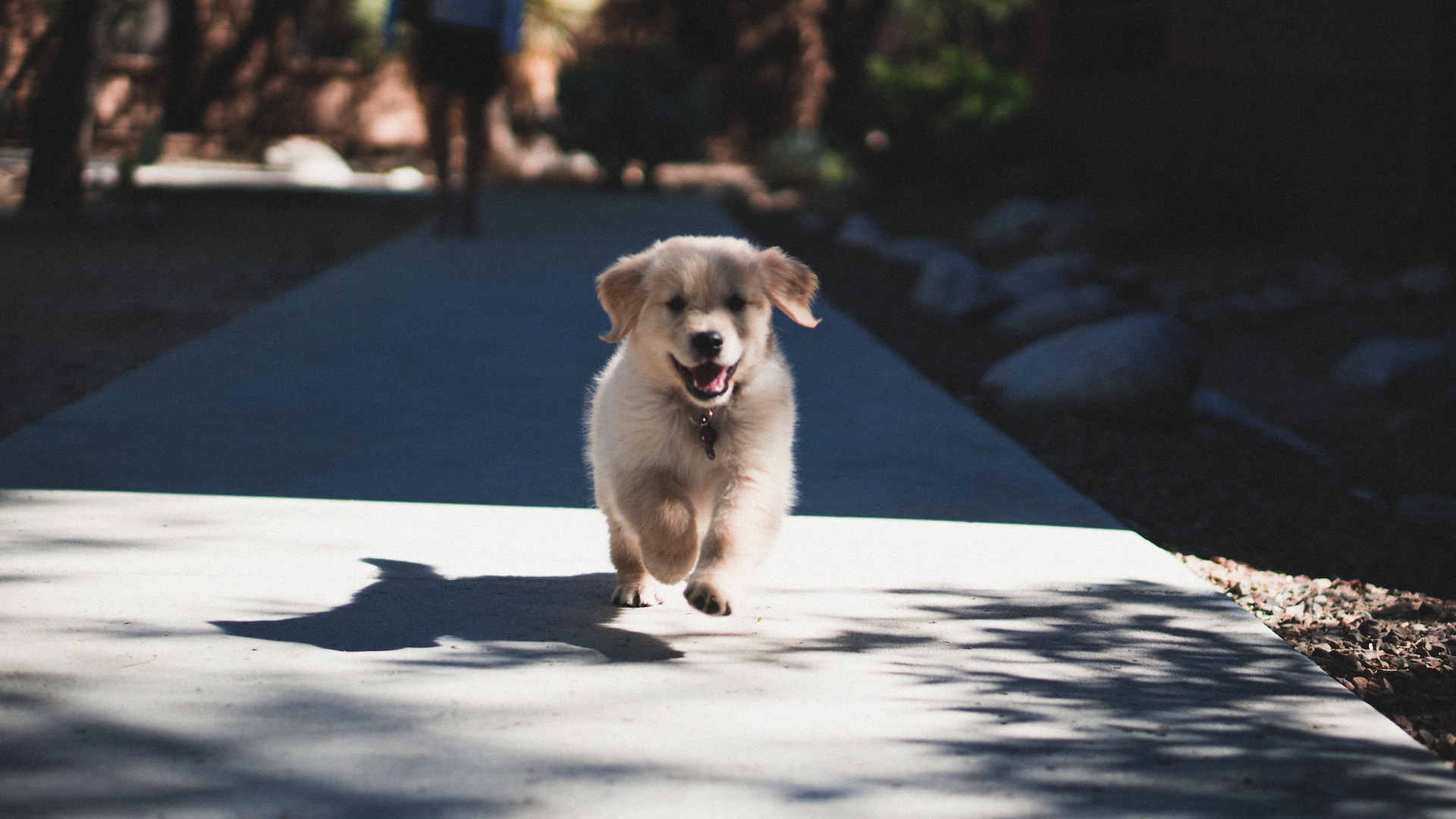Puppy Socialisation 101: A Comprehensive Guide to Raising a Well-Adjusted Dog

One of the most significant aspects of dog ownership and essential to the well-being of your furry friend is proper socialisation. Raising a well-adjusted dog begins with a meticulous and comprehensive approach to socialisation, ensuring your pet grows into a confident and friendly companion.
At Pup Club Official, we understand the importance of providing your pet with a solid foundation, and our comprehensive dog training, socialisation, and stimulation membership offers the support and guidance you need to achieve this.
In this blog post, we will delve into the crucial strategies and steps for successful puppy socialisation. We’ll discuss the importance and benefits of early socialisation, understanding critical socialisation periods, exposure to different environments, and handling various types of interactions. Additionally, we will provide practical tips and techniques for a smooth and structured approach to puppy socialisation.
Proper socialisation is crucial in the early stages of a dog’s life, impacting their ability to navigate different environments, interact with other dogs and humans, and respond to various stimuli. By engaging in a carefully planned socialisation process, you’ll significantly decrease the likelihood of behavioural issues, such as aggression, fear, or anxiety, later on in your pet’s life.
Embarking on the journey of socialisation can seem daunting, but with Pup Club Official’s guidance, practical advice, and consistent support, you’ll have the tools and knowledge you need to ensure your puppy grows up as a well-balanced, confident, and sociable canine companion. Let us help you navigate the essential stages and steps of puppy socialisation, providing your pet with the best possible start in life.
Understanding Critical Socialisation Periods
The critical period for socialisation in puppies typically lasts from 3 to 14 weeks of age. During this time, your puppy is most sensitive and receptive to new experiences and stimuli. It is crucial to expose your puppy to different situations, environments, and beings during this phase to foster positive associations and increase their adaptability.
However, socialisation should not stop after the initial critical period. Continually exposing your puppy to new experiences and reinforcing positive behaviours throughout their life will ensure that they remain well-adjusted and confident in various settings.
Exposure to Different Environments
Exposing your puppy to a wide range of environments is essential for increasing their comfort and adaptability. Begin by safely introducing your puppy to different flooring types, sounds, and lighting conditions within your home. Over time, gradually progress to explorations outside on various terrains, public places, and modes of transport. Keep these experiences positive by rewarding your puppy with treats and praise whenever they exhibit calm and curious behaviour in new environments.
When introducing your puppy to the outside world, always ensure that their vaccinations are up-to-date and follow veterinary advice to maintain their health and safety.
The Interaction Spectrum: People, Animals, and Objects
Introducing your puppy to different people, animals, and objects is vital for developing their ability to interact positively with a variety of beings. People encounters should involve individuals of various ages, sizes, and appearances, including those using mobility aids or wearing specific work uniforms, such as postal workers or emergency services personnel. These interactions should be closely supervised and tranquil, as to prevent overwhelming your puppy.
When it comes to other animals, controlled play sessions with well-behaved, vaccinated dogs are beneficial for teaching appropriate play behaviour and canine body language. Exposure to other pets, such as cats or rabbits, can encourage peaceful coexistence and reduce prey drive. However, avoid interactions with aggressive or overly dominant animals, as these encounters may instil fear or apprehension in your puppy.
Interactions with various objects, like vacuum cleaners, umbrellas, or bicycles, can help to minimise fear or nervousness around these items. Allow your puppy plenty of time to explore and become familiar with each object, using treats and praise to create positive associations.
Managing and Addressing Challenges in Socialisation
While the goal of socialisation is to introduce a wide range of experiences to your puppy, it’s vital to recognise their individual limits and address any issues or concerns that arise. Monitoring your puppy’s body language and reactions carefully can help you identify any potential challenges early on, allowing you to address them with appropriate solutions.
If your puppy displays fear or anxiety during new experiences, take a step back and reassess the situation. It may be necessary to break the experience down into smaller, more manageable steps, gradually introducing the cause of concern at a comfortable pace for the puppy. To ease your puppy’s anxiety, use positive reinforcement such as treats, praise, and affection.
Seeking professional assistance from a qualified canine behaviourist or enrolling in a reputable puppy socialisation class can provide invaluable support and expertise for addressing any concerns or challenges during the socialisation process.
The Power of Consistency and Patience
Socialisation is an ongoing process that requires consistent effort and patience. Revisit various environments and interactions regularly, ensuring that your puppy maintains positive associations and confidence in diverse settings. Engaging in ongoing training and socialisation activities, such as group training classes or canine sports, can provide your puppy with further opportunities to refine their social skills and maintain their well-adjusted disposition.
Conclusion
By embracing a comprehensive and structured approach to puppy socialisation, you’ll lay the foundation for a well-adjusted, confident, and sociable canine companion. While it may take time and dedication, the long-term benefits of raising a well-socialised dog include a strengthened bond with your pet, enhanced safety, and the assurance of a well-behaved, adaptable companion in any situation.
Are you ready to give your puppy the gift of socialisation? Join Pup Club Official’s comprehensive dog training, socialisation, and stimulation membership today! Our expert guidance, practical tips, and consistent encouragement will help you and your puppy navigate the socialisation journey with confidence. With our dog socialising classes, you can enjoy a lifetime of friendship and sociability with your furry friend. Don’t wait – join Pup Club Official today and give your puppy the best start in life!